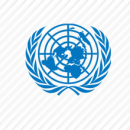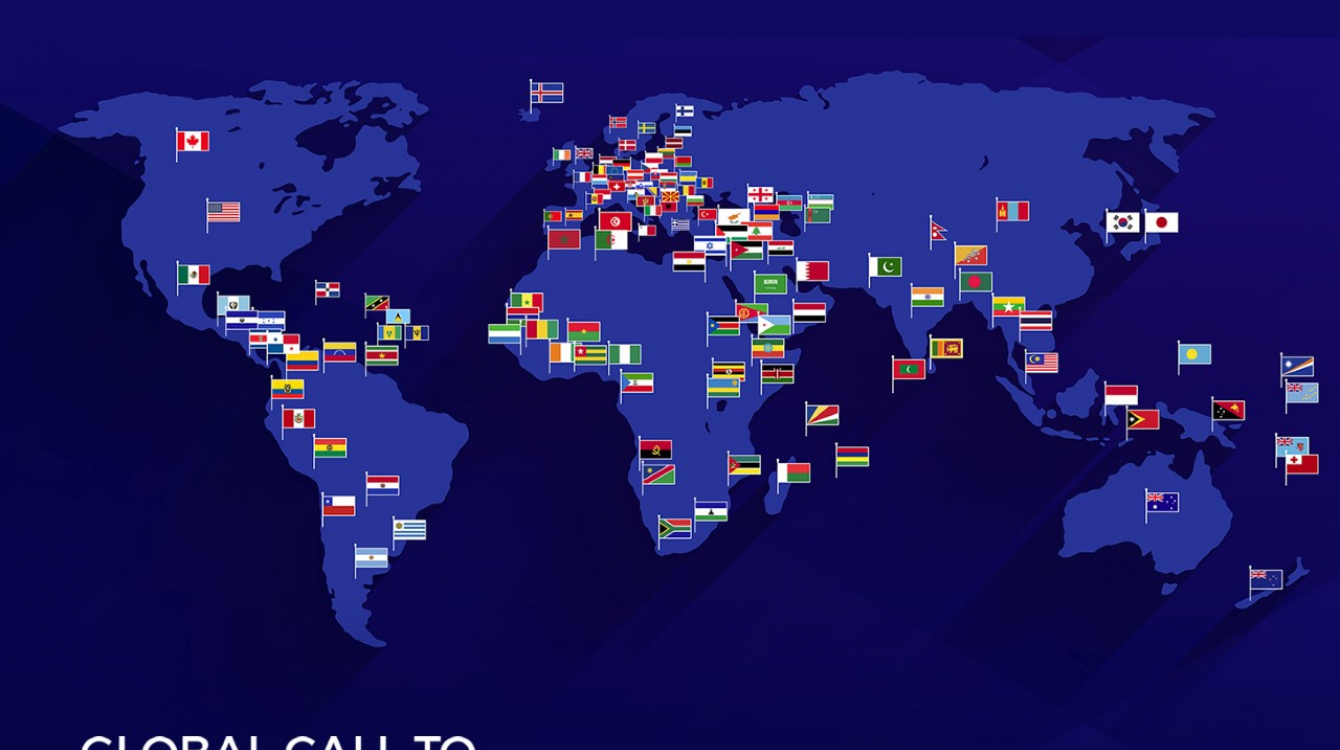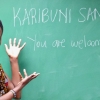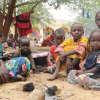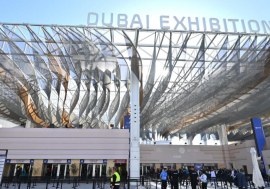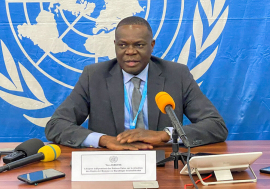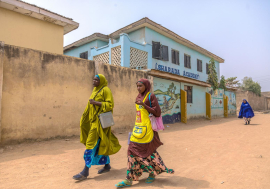Over 130 Member States call for global action to stop misinformation and counter its spread
Since the outbreak of the COVID-19 virus and declaration of the pandemic, the UN Secretary-General and other senior leaders of the UN and its institutions have increasingly drawn attention to the challenge of the “infodemic” or misinformation and disinformation pandemic. Quoting the UN Secretary General, “as COVID-19 spreads, a tsunami of misinformation, hate, scapegoating and scare-mongering has been unleashed.”
In times of the COVID-19 health crisis, the spread of the “infodemic” can be as dangerous to human health and security as the pandemic itself. Among other negative consequences, COVID-19 has created conditions that enable the spread of disinformation, fake news and doctored videos to foment violence and divide communities. It is critical states counter misinformation as a toxic driver of secondary impacts of the pandemic that can heighten the risk of conflict, violence, human rights violations and mass atrocities.
For these reasons we call on everybody to immediately cease spreading misinformation and to observe UN recommendations to tackle this issue, including the United Nations Guidance Note on Addressing and Countering COVID-19 related Hate Speech (11 May 2020).
The COVID-19 crisis has demonstrated the crucial need for access to free, reliable, trustworthy, factual, multilingual, targeted, accurate, clear and science-based information, as well as for ensuring dialogue and participation of all stakeholders and affected communities during the preparedness, readiness and response. It also has confirmed the key role of free, independent, responsible and pluralistic media to enhance transparency, accountability and trust, which is essential to achieving adequate support for and compliance by the general public with collective efforts to curb the spread of the virus. Better international cooperation, based on solidarity and goodwill among countries, can contribute to achieving this goal.
States, regional organizations, the UN system and other stakeholders such as media workers, social media platforms and NGOs have a clear role and responsibility in helping people to deal with the “infodemic.’ In this regard, we strongly support the United Nations Communications Response initiative and the “Verified” campaign announced by the UN Secretary General on April 14, 2020.
Many countries, including ours, and international institutions, such as the WHO and UNESCO4, have worked towards increasing societal resilience against disinformation, which has improved overall preparedness to deal with and better comprehend both the “infodemic” and the COVID-19 pandemic.
We are also concerned about the damage caused by the deliberate creation and circulation of false or manipulated information relating to the pandemic. We call on countries to take steps to counter the spread of such disinformation, in an objective manner and with due respect for citizens’ freedom of expression, as well as public order and safety. We reaffirm the importance of ensuring that people are accurately informed from trustworthy sources and are not misled by disinformation about COVID-19.
These efforts are based, inter alia, on freedom of expression, freedom of the press and promotion of highest ethics and standards of the press, the protection of journalists and other media workers, as well as promoting information and media literacy, public trust in science, facts, independent media, state and international institutions. Different initiatives have been launched to provide independent expertise and recommendations for States and private actors to strengthen these efforts.
We call for action by all Member States and all stakeholders to fight the “infodemic” to build, to quote the Secretary General, a “healthier, more equitable, just and resilient world.” We remain committed to creating a healthy information environment at the national, regional and global levels, in which the “infodemic” is countered by scientific, evidenced- based information and facts. By doing this, we will be better prepared for dealing with the next “infodemic.”

